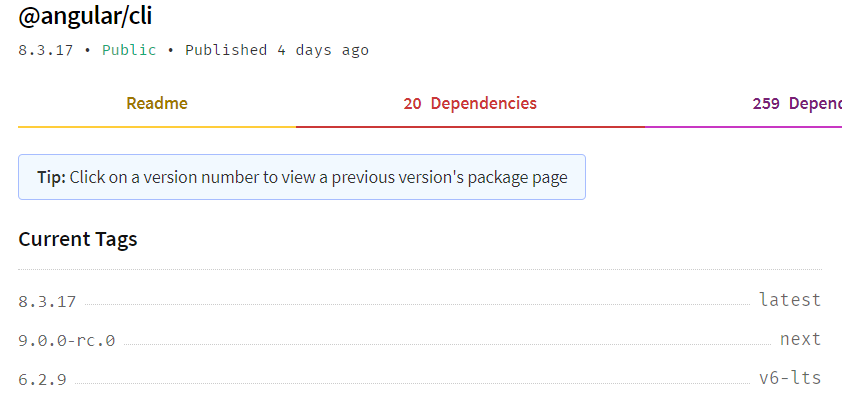In general Z customers don't expect APIs to break their code but rather for changes to not break clients but they could introduce new function. I know its not open source or agile but no one wants the code they write to break a year later ...
What kind of breakage are we talking about ? Sample ? Is there a conversation in Slack with examples ?


As part of post-1.0.0 activities, we need to discuss how to support teams which have breaking changes in their near term development timeline. The term 'breaking' specifically refers to changes which would violate backwards compatibility within any public-facing API.
One suggestion: